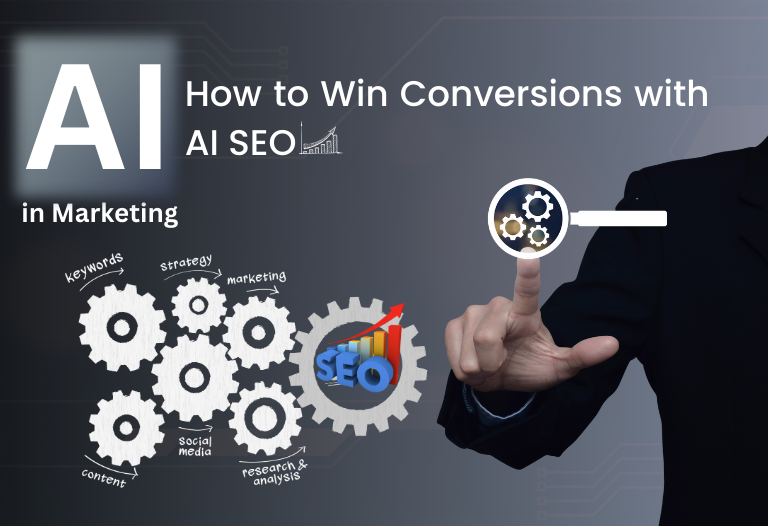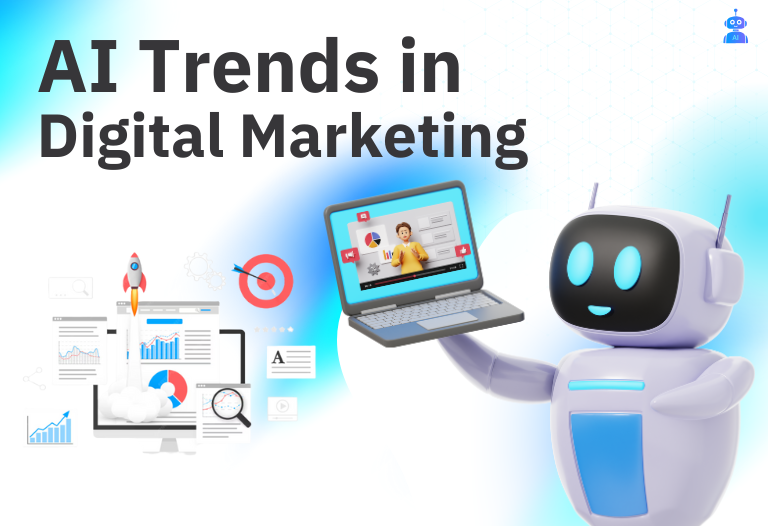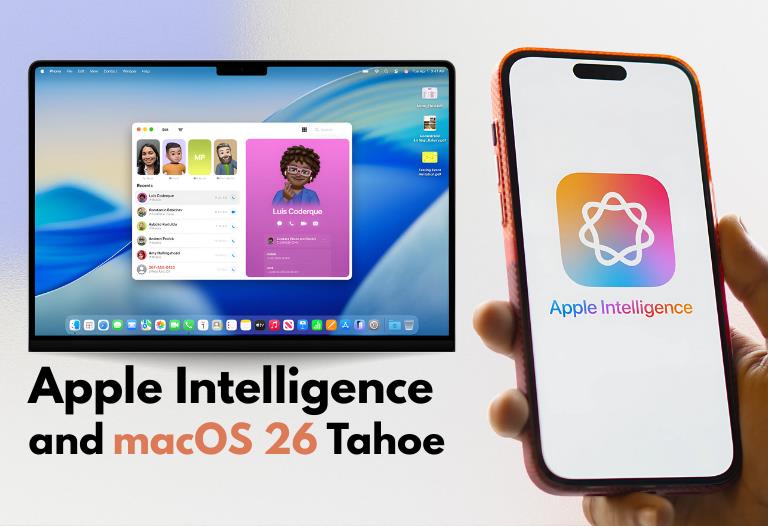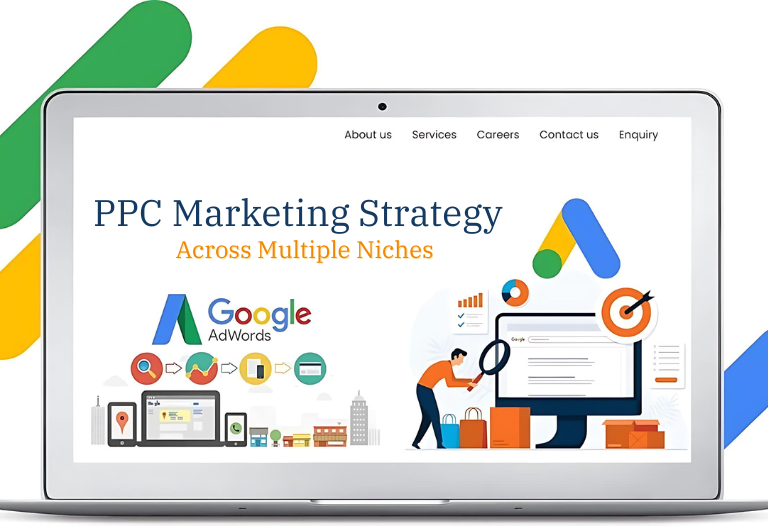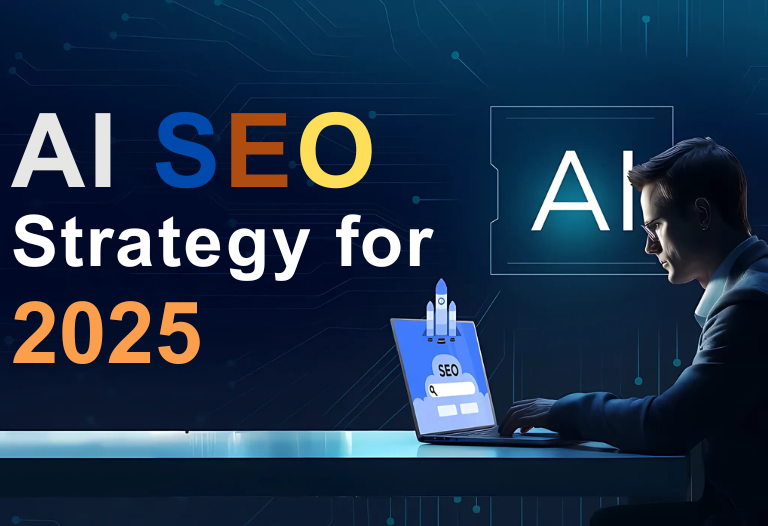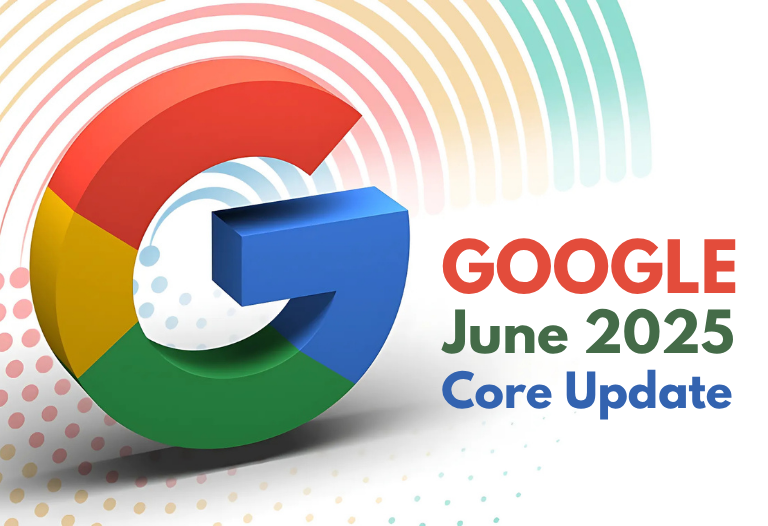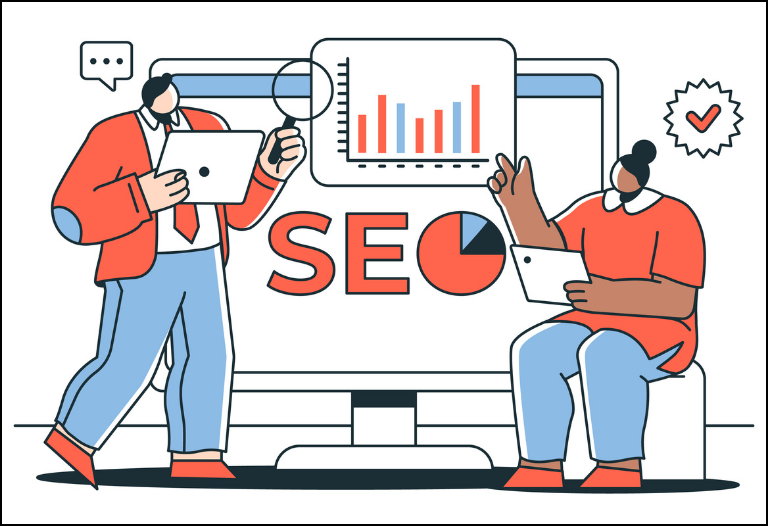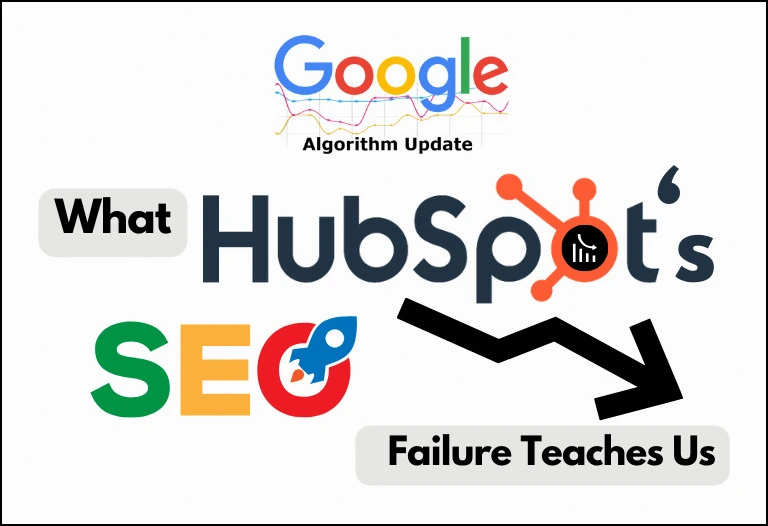
Think about how digital interactions have evolved. First, we had the web revolution of the 90s, making information accessible with a click. Then came mobile applications, bringing services to our fingertips with real-time updates, notifications, and personalized experiences. But both, in many ways, remain static. You still navigate through pages, search for information manually, and rely on predefined user journeys.
Now, imagine an entirely new way of interacting with technology—where AI understands your needs instantly and responds with precision. Instead of searching through menus or filters, you ask, and AI delivers.
This isn’t a distant dream anymore! It’s happening now with Generative AI (GenAI). This shift is as monumental as the web and mobile revolutions combined, and businesses that embrace it will gain a significant competitive edge.
The New AI-Powered User Experience
Picture this: You open your bank’s app and simply ask, “What were my biggest expenses last month?” Instead of scrolling through transactions, AI presents an insightful visual breakdown with an audio summary. Or, while shopping for office furniture, you upload a photo of your workspace, and AI suggests the perfect desks and chairs based on your style, dimensions, and budget.
These are not hypothetical scenarios. Companies integrating AI into their customer interactions are already enhancing user experience, streamlining processes, and boosting engagement. However, as powerful as AI is, it introduces new challenges—particularly in software testing and quality assurance.
Why Traditional Software Testing No Longer Works
For decades, software testing has focused on predictable, repeatable outputs. Enter a command, and the system provides the same response every time. But AI doesn’t work like that. Ask the same question twice, and you might get two different—yet equally valid—answers. This dynamic nature, while making AI more human-like, complicates testing.
Think about onboarding a new customer support representative. You don’t expect them to be perfect on day one. Instead, they go through training, performance evaluations, and continuous learning. AI, in many ways, requires the same approach. We must shift from rigid testing to a confidence-based model—assessing how well AI handles different queries and adapting its responses accordingly.
A Smarter Approach: Testing AI Like We Train People
To ensure AI delivers trustworthy results, businesses should adopt a structured framework inspired by Bloom’s Taxonomy, a model traditionally used in education. This framework helps categorize AI’s competencies, guiding businesses in deploying AI solutions that meet specific needs. Let’s dive into each level in greater detail:
1. Remembering – Can the AI Recall Key Facts and Details?
At this foundational level, AI must demonstrate its ability to retrieve and recall key facts, data, and previously stored information with accuracy. This includes recalling business policies, retrieving product specifications, or summarizing previous customer interactions.
Business Use Case:
- An AI-powered chatbot for an e-commerce store can instantly recall product specifications when asked, e.g., “What are the dimensions of this desk?”
- A banking AI assistant can retrieve a customer’s last five transactions upon request.
Testing Approach:
- AI is tested using fact-based queries, multiple-choice questions, and fill-in-the-blank exercises.
- Its ability to fetch predefined responses with high accuracy is evaluated through automated tests.
2. Understanding – Can the AI Explain Concepts in Simple Terms?
AI must go beyond basic recall and demonstrate comprehension. It should interpret, summarize, and explain concepts in ways that are easy for end users to understand.
Business Use Case:
- A SaaS company’s AI assistant can simplify technical jargon. When a user asks, “How does two-factor authentication work?”, the AI provides a clear, digestible response.
- A healthcare chatbot can summarize the differences between two medications based on patient symptoms and preferences.
Testing Approach:
- AI is prompted to summarize complex ideas in simpler, non-technical terms.
- Responses are reviewed based on clarity, correctness, and readability.
3. Applying – Can the AI Use Knowledge to Solve Real-World Problems?
AI must apply its stored knowledge to real-world situations, making recommendations and solving user queries dynamically.
Business Use Case:
- An AI-powered personal shopper in an online store can suggest outfits based on user preferences, past purchases, and weather data.
- A real estate chatbot can recommend homes based on budget, location, and family size.
Testing Approach:
- AI is tested through scenario-based assessments where it must apply knowledge dynamically rather than rely on pre-programmed answers.
- Performance is measured by its ability to make contextual recommendations that align with user needs.
4. Analyzing – Can the AI Compare and Contrast Data?
AI should demonstrate analytical capabilities, recognizing patterns, categorizing information, and making comparisons based on data relationships.
Business Use Case:
- A travel booking AI can compare hotels based on customer reviews, amenities, and pricing to find the best option for a user.
- A finance assistant can analyze spending habits and highlight areas where a user can save money.
Testing Approach:
- AI is given comparative tasks, like distinguishing between two products or services based on given criteria.
- AI’s ability to identify key differentiators and present them clearly is evaluated.
5. Evaluating – Can the AI Make Informed Judgments?
At this stage, AI should be able to critically assess information, form opinions, and justify its recommendations using logical reasoning.
Business Use Case:
- A restaurant recommendation AI ranks dining options based on cuisine, distance, customer ratings, and past user preferences.
- An AI-driven recruitment tool evaluates candidate resumes and ranks applicants based on experience, skills, and cultural fit.
Testing Approach:
- AI is tested through decision-making simulations, assessing how well it weighs different factors before arriving at conclusions.
- Its ability to defend its choices with logical reasoning is analyzed.
6. Creating – Can the AI Generate New Ideas and Solutions?
This is the highest level, where AI is expected to generate entirely new ideas, compose original content, and develop innovative solutions.
Business Use Case:
- A marketing AI creates personalized ad copy based on target audience preferences.
- A home design AI generates custom furniture designs based on room size and aesthetic preferences.
Testing Approach:
- AI is evaluated based on creativity, coherence, and relevance in generating novel responses.
- AI outputs are compared against industry benchmarks to measure originality.
By evaluating AI through these levels, businesses can ensure their AI systems are not just functional but truly valuable to customers.
How Primotech Helps Businesses Navigate AI-Driven Testing
At Primotech, we specialize in helping businesses integrate AI-powered solutions while ensuring they remain reliable, user-friendly, and high-performing. We understand that adopting AI isn’t just about implementation—it’s about transformation.
Our expertise includes:
- AI-Powered Software Development – We build intelligent, adaptive systems that enhance user interactions.
- Smart AI Testing Strategies – We move beyond traditional testing, using confidence-based frameworks to ensure AI reliability.
- Custom AI Integration – Whether it’s chatbots, virtual assistants, or predictive analytics, we help businesses leverage AI for real impact.
- Continuous AI Optimization – AI learning never stops, and neither should testing. We offer ongoing monitoring and enhancements to keep AI systems at peak performance.
The Future Is Now – Are You Ready?
AI isn’t just an upgrade—it’s a complete shift in how businesses interact with customers. Those who embrace it early will set themselves apart as industry leaders. But with innovation comes complexity, and ensuring your AI works effectively is crucial.
That’s where Primotech comes in. We help businesses like yours transition into the AI era seamlessly. Whether you’re developing an AI-powered customer interface, automating processes, or enhancing decision-making, we ensure your AI is not just smart—but also reliable, accurate, and impactful.
Are you ready to future-proof your business? Let’s talk about how Primotech can help you harness the power of AI. Reach out to us with your query today!




 January 13, 2025
January 13, 2025
